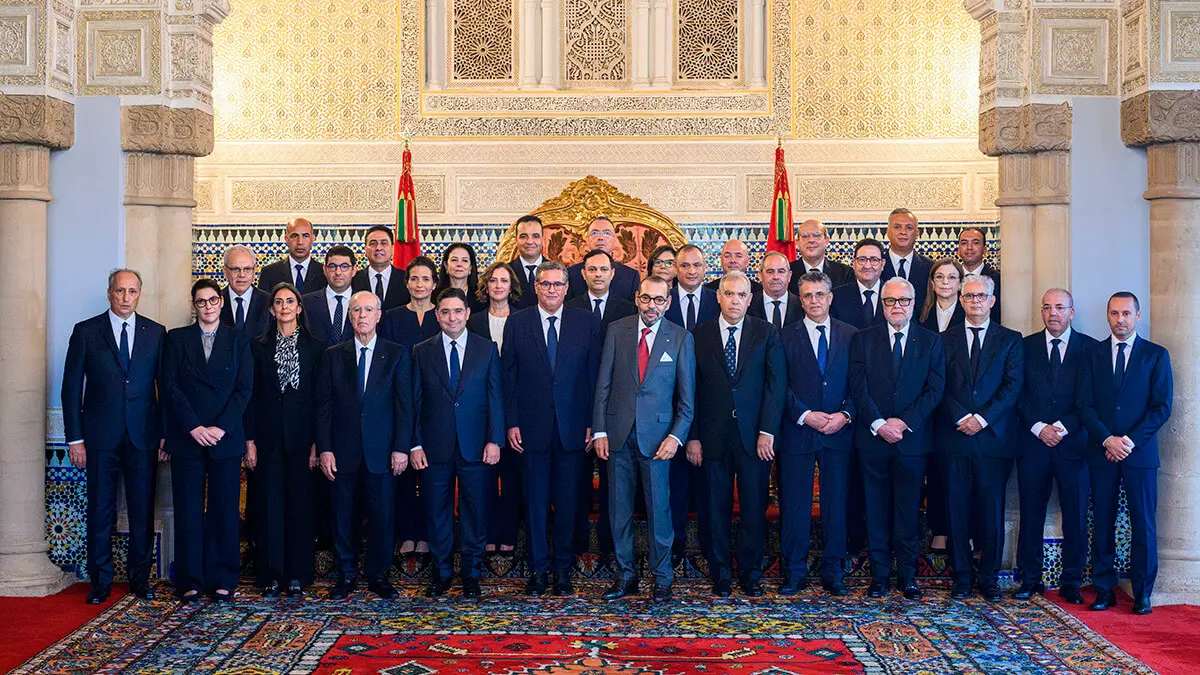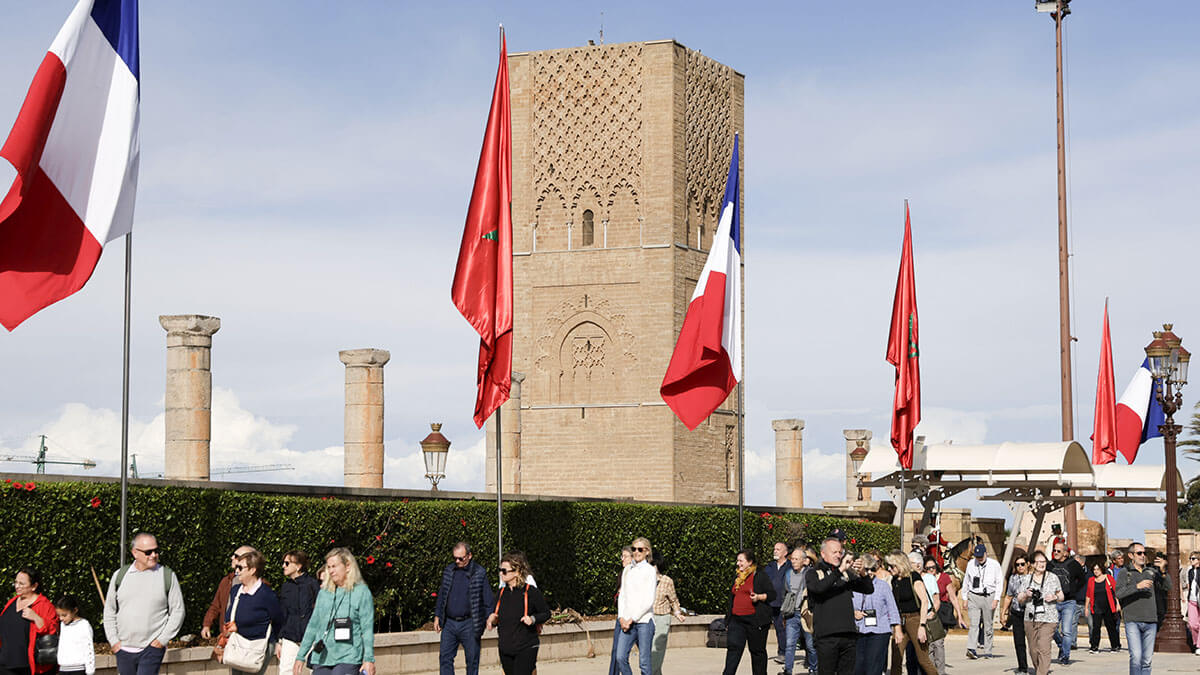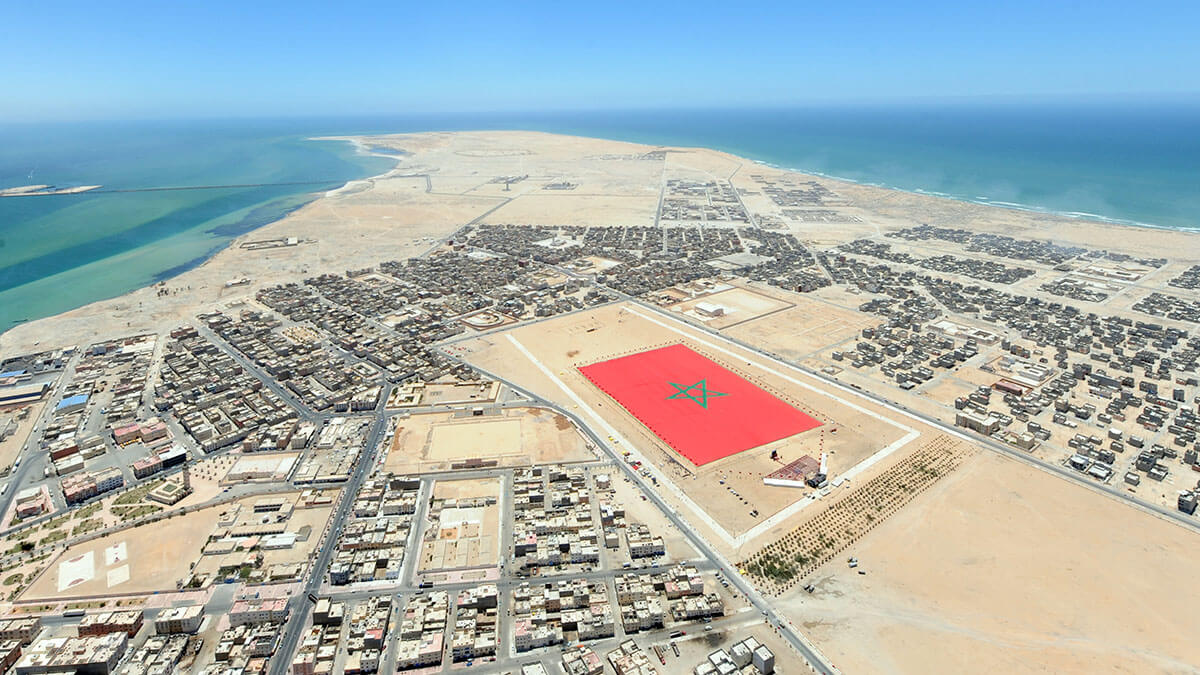Morocco has to be the bet of France, Spain and Europe

Journalist Pedro González, founder of Euronews and Canal 24 Horas and contributor to Atalayar, analysed on the programme ‘De cara al mundo’ on Onda Madrid the welcome given to Emmanuel Macron in Morocco following the reshuffle of the government of the Moroccan Prime Minister, Aziz Akhannouch, to promote decisions on the reforms that the country needs.
He also considered the European Court of Justice's annulment of trade agreements between Morocco and the European Union.
As a correspondent in Paris for many years, you are well acquainted with French politics and the course of relations with Morocco. France was a colonial power there. For almost three years they have been absolutely estranged, relations have been severed by a series of problems on sensitive issues. But now France is committed to Morocco.
In this case, it is a clear sign that the needs of the state naturally prevail over other opinions. It is clear that all French people are in agreement on this, and I am referring to the political spectrum, both in government and in opposition, they are in agreement on this commitment, precisely to North Africa and more specifically to Morocco. Above all, because France's losses in the rest of Africa, in its dominions in West Africa, have not only diminished, but in some cases have disappeared completely.
In this case, Morocco is doubly valuable, especially for France, for Europe and, of course, for Spain, and this must be translated into cooperation in a great many areas. It is true that Morocco's progress has been extremely important in recent years, but, obviously, the North African country and Mohammed VI aspire to much more, and naturally it is time for the European countries, specifically its immediate neighbours, such as Spain and France, to commit themselves to this. In this respect, it seems to me that France is naturally putting its vision of statehood, which it has and which is very well established, before the bundle of money and investment that it is preparing to pour into what was once its former colony.

Morocco is committed to the industrialisation of the country, something that will allow it to have important structures, of course it has time to develop it, etc. France has shown its interest with a joint state policy, and the Spanish government has also decided to support Morocco's proposed Autonomy Plan for the Sahara, an opinion that is correct, but which it does not manage, nor does it provide the financial muscle for Spanish businessmen to do good business in the North African country.
The case is truly unusual and regrettable. Not only is there no state policy coordinated with the opposition, but there is none even within the Spanish government itself. It is an anomaly and it is absolutely unbelievably sad. And returning to France, it is obviously ‘somewhat envious’ of this state policy, which is not only practised by France, but also by the United States, the United Kingdom... countries that are serious in their structure and vision, not only internally, but especially abroad.
In the case of Morocco, it is clear. The neo-colonialism that France has practised has been quite ostensible and, as a result of the independence of the 1950s and 1960s, they left institutions, such as the CFA franc, which practically maintained colonial power.

Regarding the economic and commercial issue of their raw materials, France and the United Kingdom benefit from these raw materials, manufacture them in their territories and then sell them. This is one of the outlets for development. The issue of immigration has to do with these African countries being able to manufacture their own products.
That means know-how, and that means training. Here I am proud of our country, of Spain, which never practised this colonial policy.
That would be another very long subject, the case of Ibero-America, the amount of legacy we left behind of universities, schools, and that has not been the same in the case, let's be clear, of France or the United Kingdom. I refer to the evidence, and all of this is now resurfacing in this claim that we have also reached our own maturity in other ways and we want to treat them on equal terms.

The European Court of Justice annulled the trade agreements between Morocco and the European Union, rejecting the appeal by the European Commission and the European Council. We have been unable to fish in Saharan waters for more than a year because the Saharawi people have not been consulted. The first thing is to abide by the rulings of the courts, but we can analyse that there is a very serious problem and that is to determine what the Saharawi people are.
This is obvious. Naturally, sentences are always obeyed and, furthermore, the courts must be trusted for many reasons, but above all for one fundamental reason: they apply the law.
The law is always made by politicians as representatives of countries and peoples. It is clear that the Court of the European Union has applied the law as it stands, but the reality on the ground is different. It is naturally up to the politicians to test this reality and, if it corresponds fairly, to see what solutions can be found and to try to put it right, in other words, to create this new, internationally accepted legality that should be in place.
It is true that many steps have been taken towards this recognition, although it has cost a great deal of misunderstanding, but all of this has to be translated into full international recognition and this is automatically the job of politicians. Afterwards, it will be the courts that will apply the differences.
It is clear that we are among the most disadvantaged because the fisheries agreement affects 92 licences, 80 of which correspond in concrete terms to the region of Andalusia and the other 12 to Galicia. And, obviously, this is quite a significant break in an industry and, above all, in an activity that is very traditional and important for Spain.









